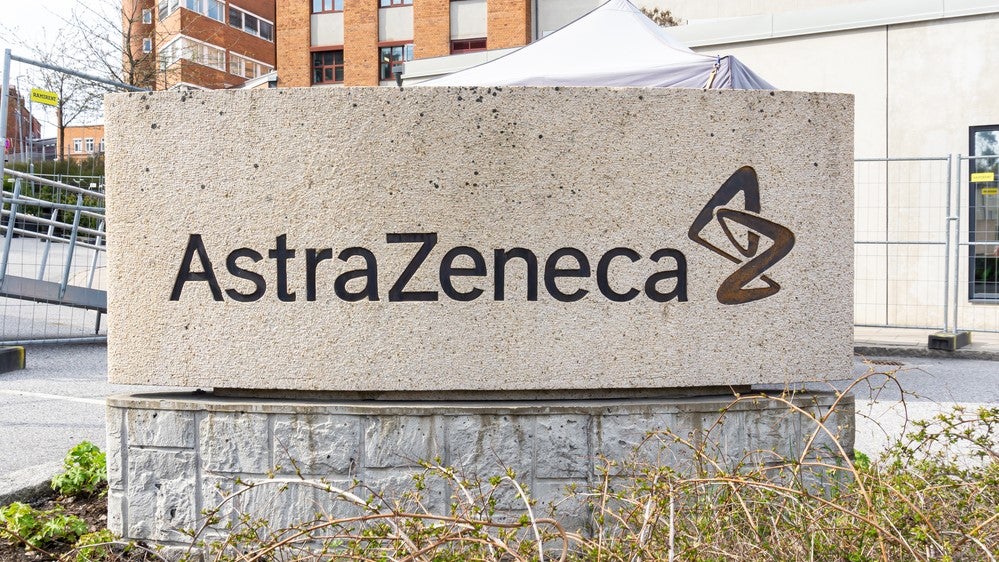Opinion: Can Arena Bioworks upend the traditional scientific research model in the U.S.?
Can Arena Bioworks upend the traditional scientific research model in the U.S.?

I’ve spent a good deal of my career thinking about how we structure and fund research in the biomedical sciences in the U.S. and questioning whether the U.S. model of embedding research in universities is the right one. So to me, the launch of Arena BioWorks is welcome news. As media reports have highlighted, the new effort — a press release says that it was “inspired by the success of Bell Labs” — promises to let scientists engage in research without first getting funding from NIH or other sources, as well as the option, if the results are promising, to spin off a for-profit company. Investors are spending considerable amounts of money to lure scientists away from academia, and there are big names involved: Stewart Schrieber, co-founder of the Broad Institute, is leading the effort; investors include Michael Dell, founder of Dell Technologies, Elisabeth DeLuca, Subway heiress, Steve Pagliuca, former co-chair of Bain Capital.
Yes, Arena BioWorks is great news for the lucky few who will work at an Arena facility, and they may make some major scientific breakthroughs. But it is also important to put its launch in perspective, to follow it, and study whether the Arena model is an effective and efficient way to “organize” science in order to produce results sooner rather than later. What I find particularly noteworthy about the Arena BioWorks initiative is the vision of its founders to build a biomedical research institute outside the university. The physical location of Arena is at Kendall Square in Cambridge, Ma., between MIT and Harvard. A second facility, according to Dell, is in the works and will be in Houston.
What's Your Reaction?

































